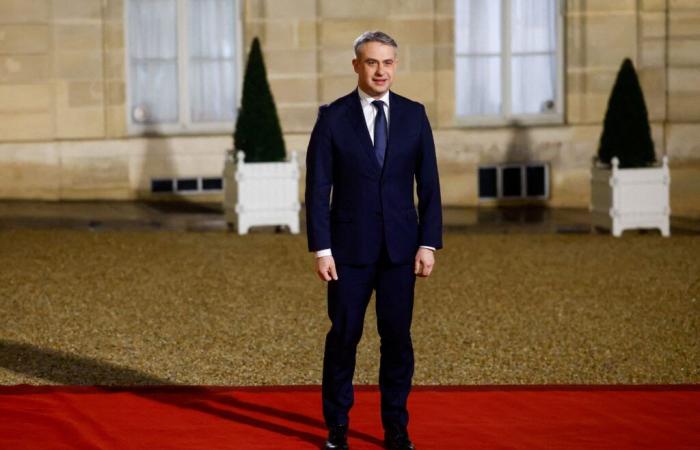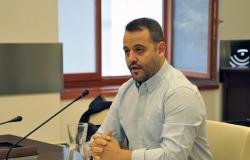Warsaw (Reuters) – Poland faces an unprecedented attempt by Russia to interfere with its presidential elections, the Minister of Digital Affairs said on Tuesday, when the campaign entered its final stretch before the first round of the voting, on May 18.
Poland states that her role as a nerve center for aid to Ukraine has made her a key objective of sabotage, cyber attacks and Russian misinformation efforts, and Warsaw has been on maximum alert to possible interference, especially after Rumanía canceled presidential elections in December due to accusations of Russian interference.
Russia has repeatedly denied the accusations that it interferes with foreign elections and has criticized the decision to cancel the elections in Romania.
“during the current presidential elections in Poland, we face an unprecedented attempt to interfere with the electoral process by Russia,” said Krzysztof Gawkowski at a defense conference.
“This is being done … (by) the dissemination of misinformation in combination with hybrid attacks in front of Polish critical infrastructure in order to paralyze the normal functioning of the state,” he added.
He said that the attacks had target water and sewerage companies, thermal and electrical centrals and state administration agencies. The level of Russian activity in terms of cyber attacks in Poland has more than duplicate compared to last year, he said.
“Today in Poland, during every minute of my intervention, there have been a dozen incidents directed against critical infrastructure,” he said.
The Russian embassy in Warsaw did not immediately respond to a request for comments sent by email.
Warsaw said in March that there had been a cyber attack against the Polish Space Agency. In 2024, Poland said the State News Agency had probably been the victim of a Russian cyber attack.
Warsaw and his allies have also claimed that Moscow is behind acts of sabotage and fires caused throughout Europe. Russia denies these statements.
(Information from Karol Badohal, Pawel Florkiewicz; Drafting of Alan Charlish; Bernadette Baum edition; edited in Spanish by Patrycja Dobrowolska)






